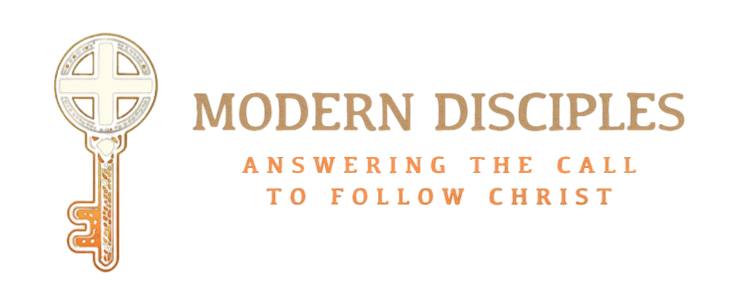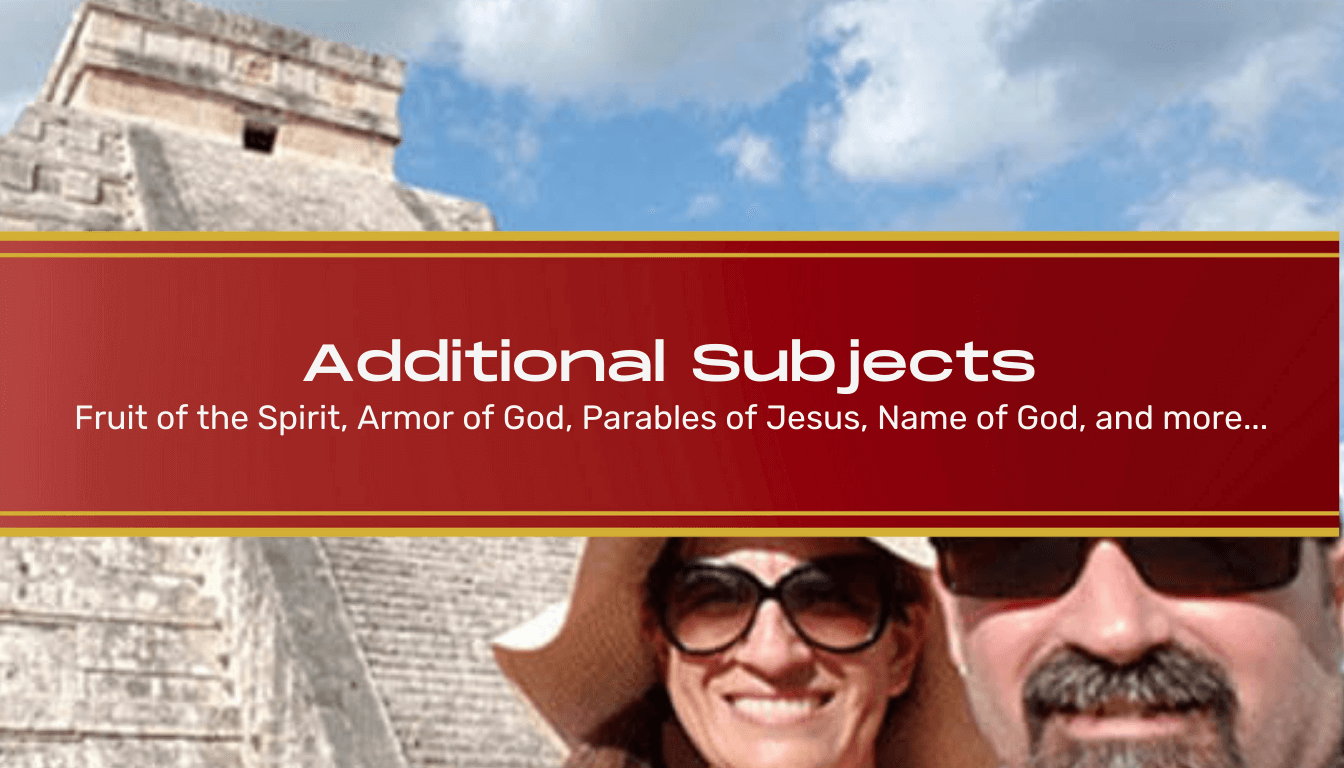
Exegesis vs Eisegesis
Understanding the Difference
I've watched people turn the Bible into a magic 8-ball. Shake it up, crack it open, and whatever verse pops out becomes God's personal message to them. Never mind what the passage actually says or who it was written to. This isn't Bible study—it's spiritual gambling. Micro-promise: Understanding Exegesis vs. Eisegesis will save you from turning Scripture into your personal fortune cookie and help you discover what God actually said.
Here's the brutal truth: most Christians practice eisegesis without even knowing it. They read their assumptions, cultural biases, and personal desires into Scripture instead of letting Scripture speak for itself. The result? A distorted view of God, confused theology, and a faith built on sand.
Exegesis and eisegesis represent two completely different approaches to interpreting Scripture. One honors the text; the other hijacks it. One seeks truth; the other manufactures it. The difference isn't academic—it's the difference between knowing the real God and worshiping an idol of your own making.
Sharp Edge: If your Bible study always confirms what you already believe and never challenges your assumptions, you're probably practicing eisegesis. Real Scripture study should occasionally make you uncomfortable.
What Is Exegesis?
Exegesis comes from the Greek word exēgeomai, meaning "to lead out" or "to explain." It's the process of drawing meaning out of a biblical text based on what the author actually intended to communicate to his original audience.
Think of exegesis as detective work. You're investigating what happened, when it happened, why it was written, and what it meant to the people who first heard it. You're not creating the meaning—you're discovering it.
The Exegetical Process
Observation: What does the text actually say? Read it carefully. Notice keywords, repeated phrases, literary structure. Don't rush to interpretation—spend time seeing what's really there.
Interpretation: What did this mean to the original audience? Consider the historical context, cultural background, and genre. Ask what problem the author was addressing and how his audience would have understood his words.
Application: How does this truth apply to my life today? This comes last, after you understand the original meaning. The application might be different from the original situation, but it must be based on the same underlying truth.
Exegesis in Action
Take John 3:16: "For God so loved the world that he gave his one and only Son, that whoever believes in him shall not perish but have eternal life."
Observation: God loved, God gave, belief leads to eternal life. The scope is "the world"—universal.
Interpretation: Jesus is speaking to Nicodemus, a Jewish religious leader who would have understood "eternal life" in terms of the coming Kingdom. The shocking part for Nicodemus would be that God's love extends beyond Israel to "the world."
Application: This verse calls us to trust in Christ for salvation and to share this good news with others, regardless of their background.
See the difference? Exegesis lets the text speak. It doesn't impose modern ideas about success or prosperity onto an ancient conversation about salvation.
What Is Eisegesis?
Eisegesis comes from the Greek word eis, meaning "into." It's the practice of reading your own ideas, assumptions, or biases into Scripture. Instead of discovering what the text means, you're deciding what you want it to mean.
Eisegesis is hermeneutical vandalism. It takes God's Word and spray-paints your opinions all over it. The text becomes a mirror reflecting your own thoughts instead of a window revealing God's truth.
How Eisegesis Works
You start with a conclusion you want to reach, then hunt for verses that seem to support it. You ignore context, dismiss genre, and twist language until Scripture says what you need it to say.
It's not always intentional. Sometimes we're so steeped in our cultural assumptions that we can't see past them. We read twenty-first-century American individualism into first-century Middle Eastern communalism without even realizing it.
Eisegesis in Action
Take Jeremiah 29:11: "For I know the plans I have for you, declares the Lord, plans to prosper you and not to harm you, to give you hope and a future."
Eisegetical interpretation: This is God's personal promise to me for success, prosperity, and a bright future. If I have faith, God will bless my career, relationships, and finances.
The problem: This verse was written to Jewish exiles in Babylon, promising national restoration after 70 years of captivity. It's not a personal prosperity promise—it's a historical prophecy that was fulfilled when the exiles returned to Jerusalem.
The eisegetical approach ignores the historical context, the original audience, and the specific circumstances. It turns a message of hope for exiled Israel into a prosperity gospel for modern Americans.
Why This Difference Destroys Lives
False Doctrine Epidemic
Most false teaching starts with eisegesis. The prosperity gospel? Eisegesis. Legalistic churches that crush people with rules? Eisegesis. Antinomian churches that ignore moral standards? Also eisegesis.
When you read your ideas into Scripture instead of drawing God's ideas out of it, you end up with a false gospel. And false gospels don't save—they damn.
Distorted View of God
Eisegesis creates a god in your own image. If you're naturally optimistic, your eisegetical god never allows suffering. If you're performance-driven, your eisegetical god demands perfection. If you're permissive, your eisegetical god overlooks sin.
The real God—revealed through careful exegesis—is more complex, more holy, and more loving than any of our projections.
Practical Disasters
Bad interpretation leads to bad decisions. I've seen people quit jobs because they eisegetically interpreted a verse as God's call to ministry. I've watched marriages crumble because someone eisegetically applied Old Testament divorce laws to modern situations.
When you misinterpret Scripture, you don't just get wrong theology—you get a wrong life.
Common Eisegetical Disasters
The Prosperity Proof-Text
Taking verses like Malachi 3:10 ("test me in this") or 3 John 1:2 ("prosper in all things") and turning them into promises of material wealth. These verses have specific contexts that don't support the prosperity gospel interpretation.
The Relationship Rescue
Using verses like "God works all things together for good" (Romans 8:28) to justify staying in abusive relationships or toxic situations. The verse promises God's sovereignty, not that every situation is good or should be endured.
The Personal Promise Problem
Taking promises made to specific people in specific situations and claiming them as universal promises. God's promise to Joshua about the Promised Land doesn't mean you'll get that promotion.
The Cultural Confusion
Applying cultural commands (like head coverings in 1 Corinthians 11) without understanding their cultural significance, or dismissing moral commands because they seem culturally bound.
How to Practice Proper Exegesis
Start with Prayer
Ask the Holy Spirit for wisdom and humility. Pray that God would help you see His truth, not your preferences.
Read in Context
Never study a verse in isolation. Read the entire chapter, understand the book's purpose, and consider how the passage fits into the author's overall argument.
Research the Background
Who wrote this? When? To whom? Why? What was happening historically? What cultural factors would the original audience have understood?
Identify the Genre
Is this poetry, narrative, prophecy, or instruction? Different genres require different interpretive approaches.
Use Cross-References
Let Scripture interpret Scripture. Find other passages that address the same topic and see how they illuminate your text.
Consult Reliable Resources
Use study Bibles, commentaries, and tools like Blue Letter Bible to gain insights from scholars who've spent years studying these texts.
Apply Carefully
Once you understand what the text meant to the original audience, ask how the underlying principle applies to your situation today.
We don't sidestep hard topics. We face them with Scripture, honesty, and respect. Start by exploring our category pages—they're practical and built to help you think biblically. If what you find is useful, take your time and drill down into the articles within each category. If you do, you'll learn a lot—and you'll be better equipped to live like Christ.
Biblical Hermeneutics: How to Study and Interpret the Bible - Learn the art and science of interpreting Scripture accurately using sound principles and methods.
Bible Reading Plans: A Guide to Consistent Bible Study - Discover practical strategies for maintaining consistent, meaningful engagement with God's Word.
Bible Study Methods: Inductive, Expository, and Topical Approaches - Explore different methodologies for studying Scripture effectively and systematically.
Put This Into Practice
• Before studying any passage, pray for humility and ask the Holy Spirit to help you see God's truth, not your preferences.
• Always read at least the entire chapter around any verse you're studying. Context changes everything.
• When you find yourself thinking "this verse means..." stop and ask "what did this mean to the original audience?"
• Use multiple translations and at least one good commentary to check your interpretation against scholarly consensus.
• If your interpretation always confirms what you already believe, you're probably practicing eisegesis—challenge yourself to let Scripture challenge you.
Sharp Edge: If you can make Scripture say whatever you want it to say, you're not studying the Bible—you're playing with a religious Ouija board. And that's not faith; it's fantasy.
Conclusion
The difference between exegesis and eisegesis isn't just academic—it's the difference between knowing God and creating an idol. Exegesis honors Scripture by letting it speak for itself. Eisegesis dishonors Scripture by making it say what we want to hear.
God gave us His Word to reveal Himself, not to validate our opinions. When we practice careful exegesis, we discover truths that challenge us, comfort us, and transform us. When we practice eisegesis, we just hear echoes of our own voice.
Choose exegesis. Let Scripture interpret you instead of you interpreting Scripture

Chris Daniel, just a servant of Christ calling others to be ready. Like the Bereans, I try to examine Scripture daily to see if what I hear is true. If you're struggling to live as we're called, you're still in the fight. Don't give up.
Category 2 - Christian Apologetics

Category 3 - Bible Study

Category 4 - Theology


"Most middle-class Americans tend to worship their work, work at their play, and play at their worship. As a result, their meanings and values are distorted. Their relationships disintegrate faster than they can keep them in repair. Their lifestyles resembles a cast of characters in search of a plot." - Gordon Dahl
"The Bible is a reliable collection of historical documents written down by eyewitnesses during the lifetime of other eyewitnesses that report supernatural events that took place in fulfillment of specific prophecies and claimed their writings were divine rather than human in origin."
- Dr. Voddie Baucham on 2 Peter 1





